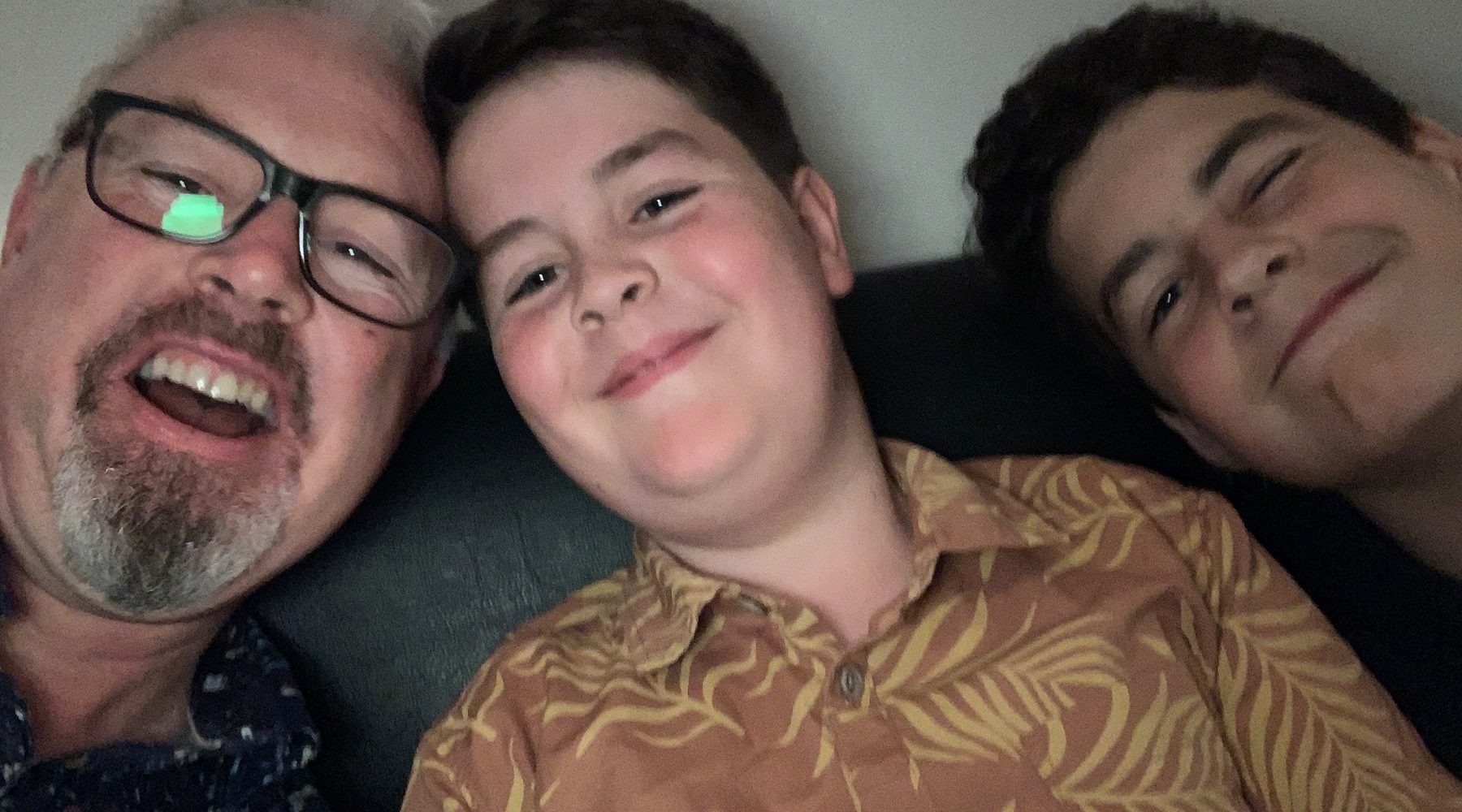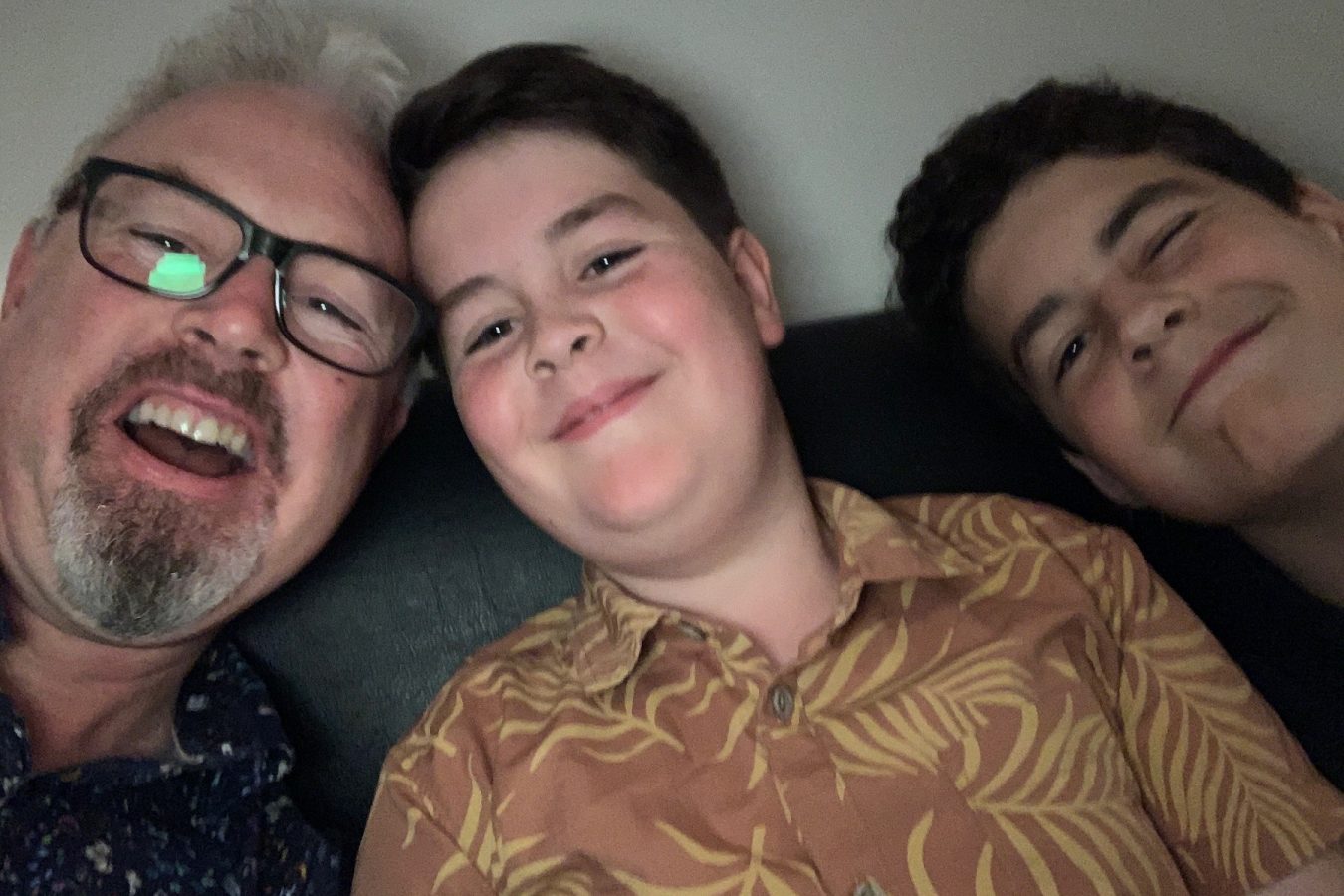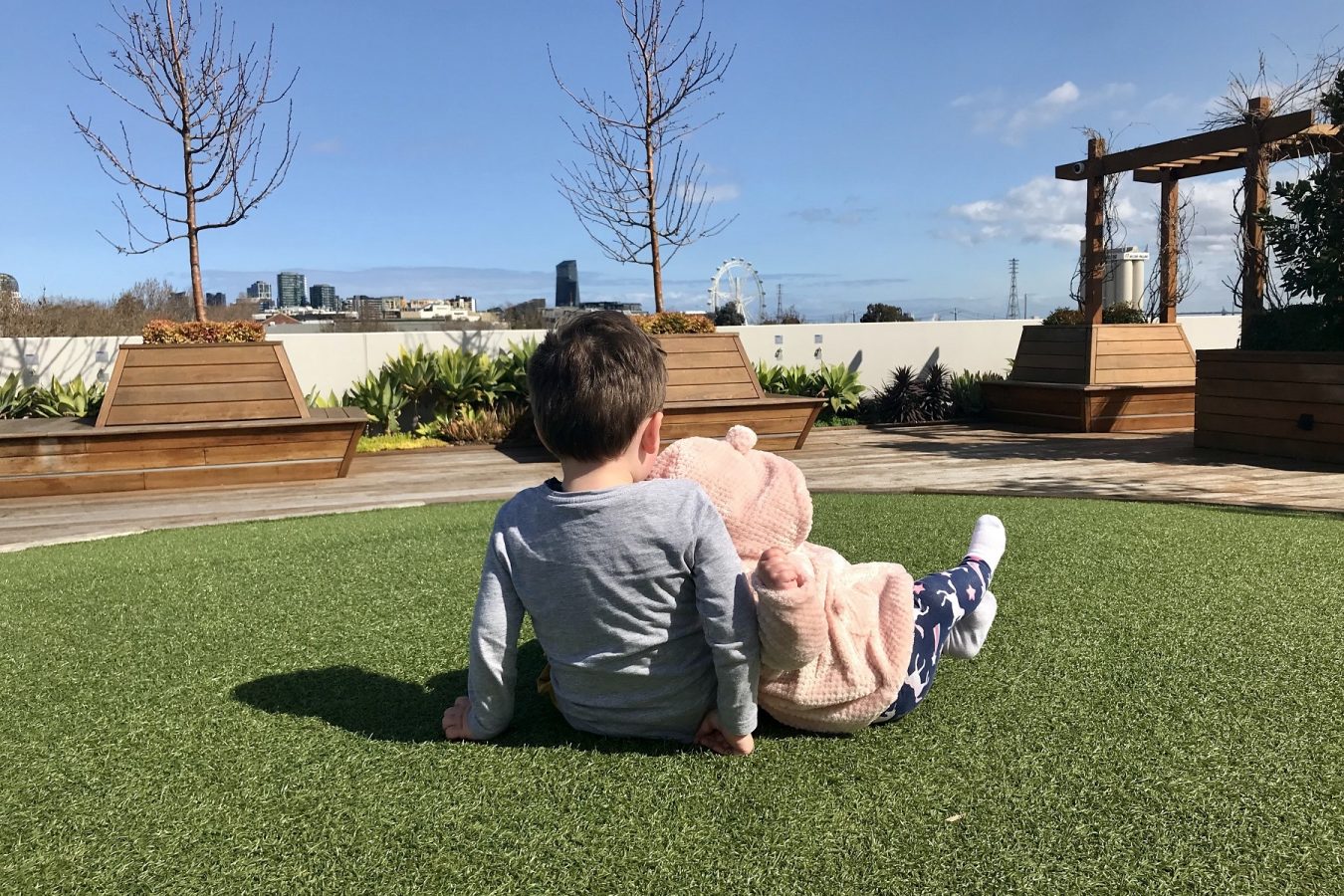
In Ruairi O'Duil's household, isolation has been hardest on his Tween. Will our Tweens be the Covid Kids, a generation that needs special care?
One of the interesting things about parenting three kids each born almost six years apart is that at any one time, you have to be three different kinds of parent. So, in this particular segment of our lives, I have had to be the parent who had to face the flight from the nest of the Uni Student who elected to shelter in place on his Study Exchange Program in Amsterdam.
I have also had to be the parent who had to allow the Teenager the space to find his own agency, assume his own responsibility and jump start his step up to adulthood. And at the same time, try to be the parent who can find find the hands-on hands-off balance of supervising distance learning for a Tweenager.
And that one has been a challenge.
And a half.
The Teenager is living his best life. He has loved the last 10 weeks.
His whole life has been a preparation for enforced isolating. A tech native, he is perfectly suited and adapted to living virtually. All his communities, and he has many different ones, some distinct, many overlapping, exist online. At almost 16, his cohort has been social media active for years, his various gaming communities were all already established.
Isolation just legitimised being online for eight hours at a stretch.
Online school delivery seemed to work pretty seamlessly after the first week. If he were allowed to, he would continue to do the majority of school this way. ‘I can get so much more done AND have more free time. We waste so much time in school.’
I actually think that his experience has been a great preparation to help him handle the pressure and changed study demands of his VCE years.
It has helped him grow up.
Near the top of the list of the things I have found to be grateful for is the fact that I haven’t had to isolate with littler kids. Hats off to my brothers and sister-in-law. Hard, hard work for parents but great for the kids.
They must’ve needed so much hands-on help. But the stress has been on the parents to find and spend that time, not so much on the kids. For them, it’s probably going to turn out to be a benefit to have had so much more time to spend with their parents
Cocooning has had the biggest upheaval effect for the Tweenies, particularly the 10, 11 and 12-year-olds. In their ‘Before Corona’ lives, they had grown into a bit of independence. They didn’t need us to tell them how, when or who to play or hang out with but, because they are still so little, we have kept them on pretty tight leashes – no social media, no online gaming.
Protect. Protect. Protect.
Which, of course, meant that, unlike older teenagers, they had no online connections and network to tap into. So Isolation, for them, was isolating, a huge step back for them. They were dragged back into dependence on the parentals to connect with their friends.
It all became structured and stilted and confining.
‘Lets set up a Zoom call with the Guys for 2 o’clock.’ ‘I can’t message him. He doesn’t have his own phone.’ ‘His mum won’t let him.’
Disempowerment. Just at the stage when they were feeling into their independence. The Dancer and I have waged a rolling skirmish to limit the amount of escaping to his Bat Cave to watch Pokemon on YouTube.
Studies have shown that effects of solitary confinement on juveniles can be highly detrimental to their growth. The isolation of solitary confinement can cause anguish and provoke serious mental and physical health problems. While obviously not as severe or extreme, Iso has been an emotionally bruising experience for my Tween. He has had his emotional defence framework removed and has had to look at his actual emotional insecurities and experience.
Tough going for adults but such an awful lot for kids of that age. And I, as a parent, have had to learn how to navigate us all through this.
And because of what I do and the kind of networks I work in, I have people who I can ask for help to figure out what on earth was going on with this sweet child.
How lucky am I?
But if I didn’t, would I have the skills? I’d probably just be praying for the return to school, for everything to get back to normal.
But it won’t be normal. Teachers are going to have to catch all our kids up academically, but who’s going to catch them up emotionally?
Who’s going to help them unpack this trauma? Will we even recognise that it has been a trauma? Or will we just let it scar over like the Depression-era kids or the Cold War kids?
In 20 years, will our Tweens be the Covid Kids? A generation identifiable by the need to fill a holes in their hearts?
Or, in this era – when we have demonstrated an incredible ability to mobilise ourselves and our resources to create all-encompassing strategies to overcome a threat to our physical health – can we not mobilise ourselves and our resources to address a threat to our kids’ emotional health?
Just because you can’t see the Coronavirus doesn’t mean it can’t harm you.
It’s the same with emotional trauma.
About Ruairi O'Duil
Ruairi O’Duil has parked his reflexology business during the pandemic, and is contributing regularly to The Parents’ Website, offering his insights into family well-being. You can find out more about Ruairi on his Reflexology Melbourne website.
Subscribe
